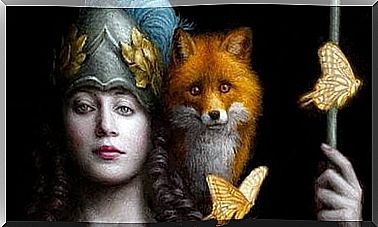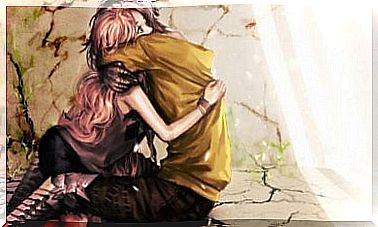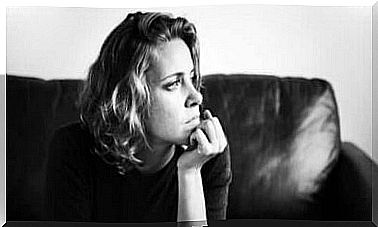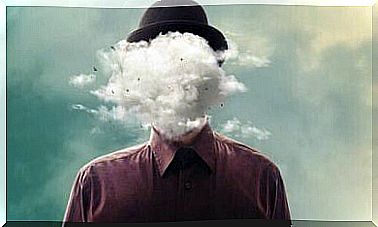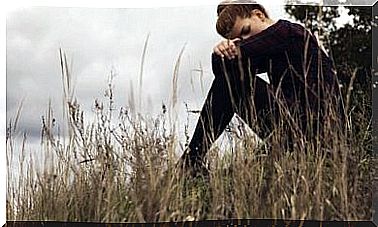Is It Coincidence Or Destiny?
Coincidences have always been surrounded by curiosity and fascination. Sometimes everything seems to come together in some inexplicable way. Two situations that apparently have nothing to do with each other then correspond. As a result, people have always attributed these coincidental events to a higher power. We wonder, are these occurrences cases of chance or fate?
Coincidence has also created a deep source of concern and questions. It has been explored from many different perspectives, from philosophy to the occult. It is a force that has been present since the beginning of life itself. Why are we born? Why in this family, in this country, in these circumstances, and not in others? Is there anything that can explain this, or is fate just chaotic and undecipherable?
There are many theories about fate and chance. These theories range from frameworks supported by statistics to ideas that attribute these phenomena to a supernatural intervention. In psychology, one name stands out: Carl Jung. He was a psychoanalyst and the first follower of Freud. He founded his own school of thought and devoted much of his work to these phenomena. It was also Jung who introduced the interesting concept of synchronicity.
About chance or destiny throughout history
Hippocrates is the father of medicine, but he was also one of the first people to question chance and fate. According to this wise Greek physician, all elements of the universe are connected by ‘hidden relationships’. In other words, he believed that there were laws that explained everything. We just didn’t know those laws yet.
Arthur Schopenhauer, a well-known German philosopher, thought somewhat the same. The fate of one individual will constantly adapt to the fate of another. Everyone is the protagonist in their own drama, while at the same time playing a part in the drama of the other. This is something beyond our comprehension.”
With Sigmund Freud, the concept of the ‘collective unconscious’ began to gain influence, but it was Carl Jung who finally shaped it. He defined it as content that is beyond your consciousness and is common to all human beings. These include memories, fantasies and desires that we are not aware of but that are present in all of us. The collective unconscious is the source of unconscious communication between people. This could explain many things that we call coincidences.
Over time, the psychoanalyst Jung developed the concept of synchronicity. He described it as “temporary coincidences of non-causal occurrences”. In other words, it is a confluence of two situations that neither cause the other, but they complement each other.
Does fate exist or is it made up?
Jung’s theory is very attractive. But it is not the only one that can provide an explanation for chance and fate. Freud, the father of psychoanalysis and Jung’s teacher, had a rather opposite view of this. In his view, fate actually does not exist. Humans create destiny through their stubborn urge to give meaning to everything that happens. According to Freud, it is also because neurosis causes people to keep repeating traumatic situations.

In classical psychoanalysis nothing has meaning by itself. People give meaning to something. That is based on their desires and traumas. People tend to see meaning in coincidences where there is none. “I was just walking down the street when I bumped into someone. It turned out to be the love of my life.’ Of course, and the same thing happened another 30 times to people who turned out not to be the love of your life. Actually, the idea of ’the love of your life’ may also be a fantasy. A beautiful fantasy, but a fantasy nonetheless.
Neurobiologists have found that when the dopamine in the brain rises, the tendency to see patterns in everything increases. As a result, people erroneously give meaning to coincidences where there is no meaning. They’re going to make connections. They sometimes even make strange connections between things that actually have nothing to do with each other.
The unconscious or fate?
Perhaps the situations we see as fate are more due to the guiding hand of the unconscious. Without realizing it, we seek out certain situations and experiences. Perhaps people are not as free of their destiny as we think. Our unconscious fantasies and desires are the things that design what we call destiny. By giving it a magical touch, we experience some satisfaction anyway.
